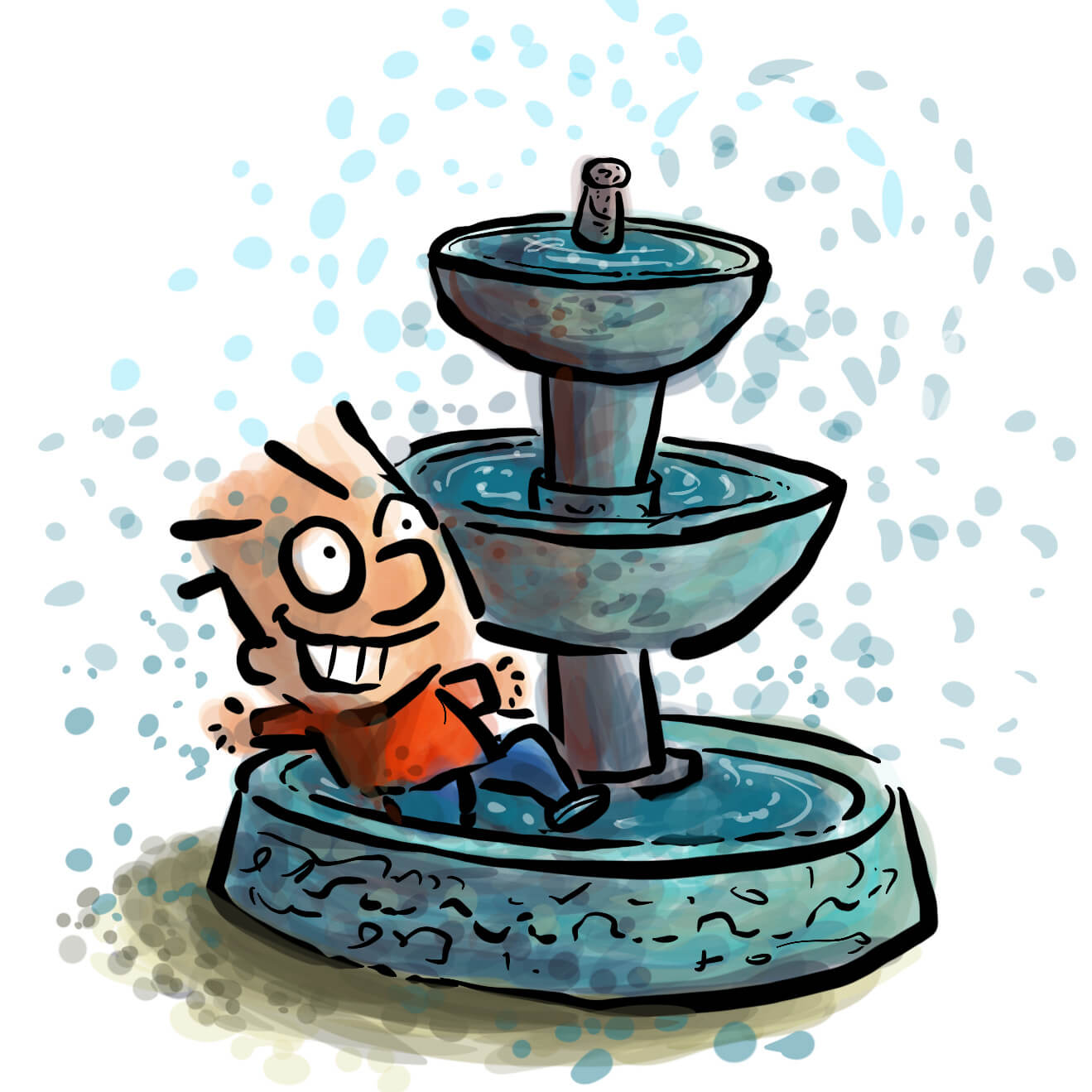 Is there a strategy for learning? When we are learning something new, it takes time.
Is there a strategy for learning? When we are learning something new, it takes time.
When we fall behind, the core instinct is to catch up. In most cases, that’s a strategy that stresses us out and achieves very little. It feels like one foot inside and another outside.
But is there a better learning method? Try the “next sunrise” method and see how well it works for you.
Right click to save this episode.
Note: (This is an unedited transcript)
In college, we often had intercollegiate festivals, and I signed up for a rather strange one.
That’s because all of the events started at midnight. We’d sleep through the day, and around 9 pm everyone would start wandering around, waiting for the first event once that clock struck 12. Events then rolled on through the night, ending right before dawn.
Usually, that meant that we wouldn’t miss the sunrise. Since the festival lasted six days, I missed six sunrises that week. If I were to ask you, how do I get those sunrises back? You’d probably laugh. It’s like to me, you don’t need to get those sunrises back.
You just need to catch the next sunrise.
We forget the simple logic when we are dealing with our everyday activities. We are so preoccupied with catching up that we fail to see that we don’t need to catch up on all the sunrises that we have missed. Instead, we just have to catch the next sunrise.
When we were at school, we were imbued with the concept that we had to catch up. When we entered the workforce and took some days off, all of this extra work was dumped on us. Catching up is generally a shardie exercise. You can try to level things out a bit, but how are you supposed to catch up if you missed a week of work?
No one can compress a week of work into one day or two. And yet, whenever we’re learning something, we always think of catching up as a way to get back on track. When we fall back, we often say, “I’m going to catch up.” In rare cases, catch-up may be necessary.
If the learning involves sequential steps and you miss some vital ones, you may need to catch up a bit. However, in my experience, most, yes, most learning is not sequential at all. You can learn your ABC, but you can just as easily skip to MPS. It doesn’t make a difference at all if you jump randomly as long as you know where everything fits eventually.
In most cases, your energy is better spent by not catching up.
Focusing on the sunrise that is about to show up is better for your energy. And giving it all of your attention, you can cope with that moment, the next sunrise, and the sunrise after that. Once you have gained some level of mastery of what you are learning, you can return to that smaller segment that you missed and then tackle it in your own way.
I’m not saying that it’s easy to do that thing, that little bit that you missed. I’m not even saying that you will get very good at it. But I am saying that if you try to catch every sunrise that you’ve missed, that’s impossible.
So, let’s summarize this podcast.
What is it about? It’s a simple concept. Don’t try to catch up. All you have to do instead is make sure that you get the next sunrise. And by doing so, you will achieve so much more. You will cook more, draw more, paint more, write more, and do everything that you wish to do as the next sunrise shows up.
It’s the advice that you would have given me. Catch the next sunrise. So, here you go. Sunrise is not far away. Make sure you get up and get that sunrise. And if you miss it, catch the next sunrise. Of course, if you miss every sunrise, that’s a whole different problem.
The post Why Catching Up Is A Poor Learning Strategy (And Why the “Next Sunrise” Method Is More Powerful) appeared first on Psychotactics.













